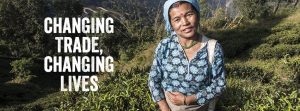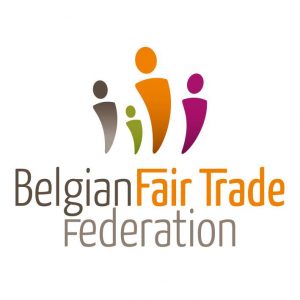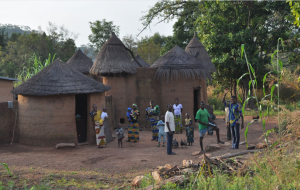
Fairtrade Belgium
When shopping for a fair product, you will usually look for the Fairtrade label. The trade and development organisation behind this blue and green label, ‘Max Havelaar Belgium’, has been around for 25 years. The organisation recently renamed itself into ‘Fairtrade Belgium’. The ‘Trade, not aid’ baseline has not changed though. Still, the organisation has recently broken new ground by launching South–South trade and the Fairtrade Sourcing Program.










